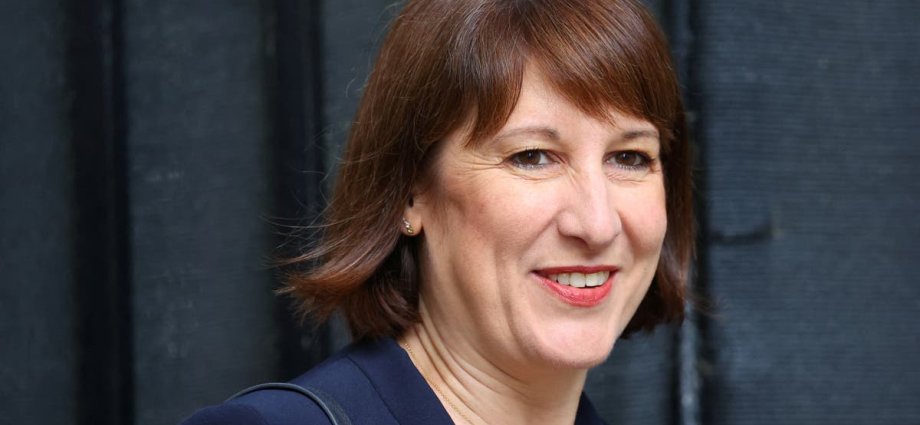Chancellor Rachel Reeves is considering increasing alcohol duties in next month’s Budget, it has been reported
Ms Reeves has not ruled out putting up tax on beer, wine and spirits as part of a plan to restore public finances.
She has been presented with forecasts that show that putting up alcohol duty would raise an extra £800m next year, the Telegraph reports.
Alcohol duty rises each year in line with inflation unless the chancellor decides to freeze it.
While the Retail Price Index (RPI) measure of inflation is set to be 2 per cent next year, industry sources told the paper that forecasts produced by the Office for Budget Responsibility point to a potential increase in duties by more than 6 per cent.
Drinks industry bosses warned that tax takings could actually go down if customers baulk at higher prices and buy less.
Ms Reeves has said that next month’s Budget will involve “difficult decisions” on tax, spending and welfare. She said she faced a £22bn “black hole” in public finances this year.

This has already led to a series of sombre announcements, such as the move to remove winter fuel allowance payments for most pensioners and delaying the implementation of a cap on social care costs.
Health charities have also been pushing the government to pursue extra taxes on sugar and salt in junk food.
Drinks industry figures have already criticised floated plans to increase alcohol duty. Miles Beale, the chief executive of the Wine and Spirits Trade Association, told The Telegraph that businesses are still reeling from the last increase in duties.
He said: “Last year’s damaging reforms to the alcohol excise duty system, including the largest single duty hike in almost 50 years, have hit businesses, consumers and the government purse.
“Prices have risen, sales are down and so is duty income by over £1.3bn. Increasing duty – which is the government’s inherited policy- will serve only to reduce income to the government further at a time it can least afford it.”
A Treasury spokesperson said: “We do not comment on speculation around tax changes outside of fiscal events.”











